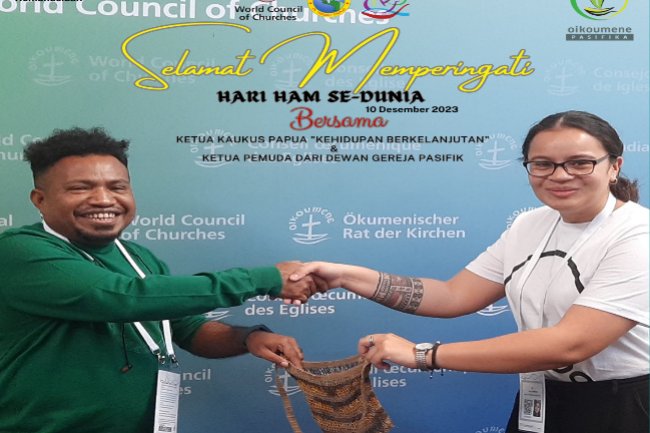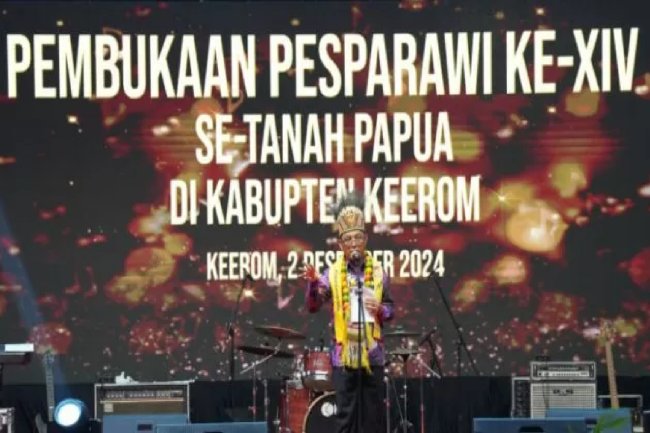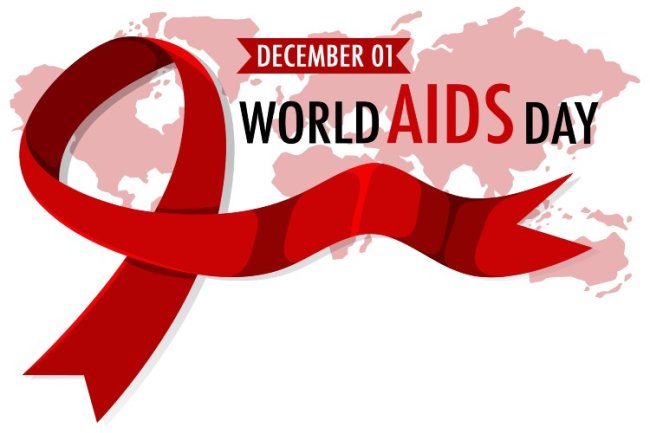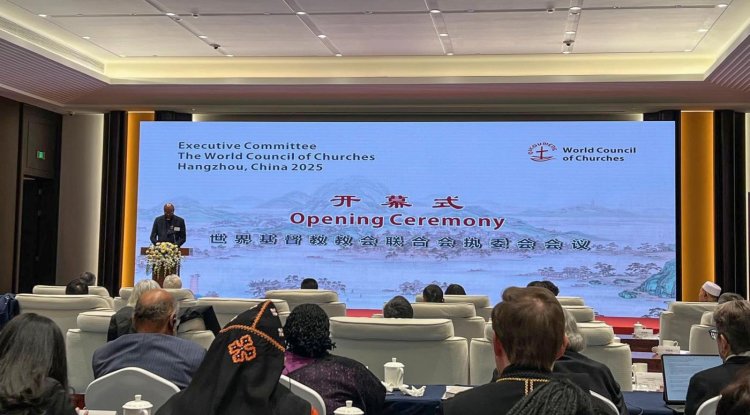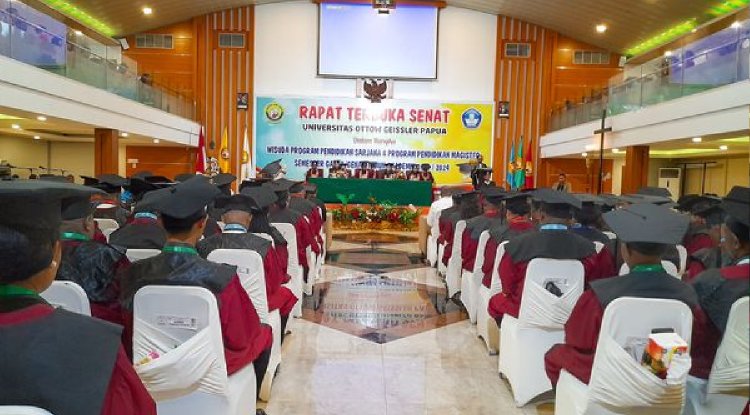REJECTION OF TRANSMIGRATION TO PAPUA: A HUMAN RIGHTS PERSPECTIVE
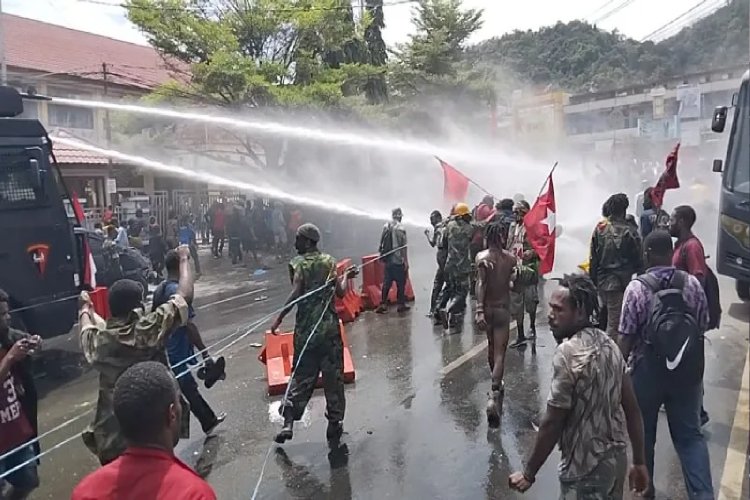
Jayapura, November 15, 2024 - The West Papua National Committee (KNPB) has firmly voiced its rejection of the transmigration program to Papua, citing concerns over violations of fundamental human rights. During a peaceful protest held at the Abepura Roundabout in Jayapura City, KNPB expressed its fear that the program could severely impact the basic rights of indigenous Papuans, including their rights to land, culture, and identity.
According to KNPB General Coordinator Messi Silak, transmigration poses a direct threat to the survival of indigenous Papuans. “Transmigration will destroy the race and culture of the Papuan people. From a human rights perspective, this is a threat to our rights to live in freedom, to honor our identity, and to preserve our ancestral heritage,” he stated.
The protest highlighted that the transmigration program not only risks demographic shifts but also increases the marginalization of indigenous Papuans in their own land. Protesters carried banners reading, “Transmigration is a Real Form of Colonialism: A Quick Path to Genocide, Ethnocide, and Ecocide in West Papua” and “Papua is Not an Empty Land.” These messages reflected concerns that transmigration would accelerate the loss of the fundamental rights of indigenous Papuans.
The peaceful protest by KNPB was conducted at several locations, including the Abepura Roundabout, Uncen Gate, and Waena. However, security forces blocked the movement of protesters at places such as the Yahukimo dormitory and the Abepura Roundabout. Despite negotiations, authorities prohibited a long march to the Papua Provincial Parliament (DPRP), and attempts to deliver their aspirations were met with tear gas and water cannons.
Jayapura City Police Chief, Commissioner Victor Mackbon, stated that security forces acted decisively to maintain order and prevent disruption to public activities. “They blocked major roads and attempted to march to the Papua Parliament, so we took action according to protocol,” he explained.
However, from a human rights perspective, the repressive measures raise questions about the rights to freedom of expression and peaceful assembly. KNPB’s rejection of transmigration is not only about land rights but also about the right to preserve their culture and identity, fundamental freedoms that are internationally guaranteed.
For KNPB, transmigration represents another form of colonialism that disregards the rights of indigenous communities to live with dignity in their own land. They insist that any government policy concerning Papua must fully involve the participation of indigenous Papuans and ensure respect for their human rights.
Photo/Documentation Source: Jubi/Larius Kogoya
What's Your Reaction?







